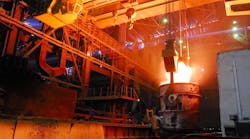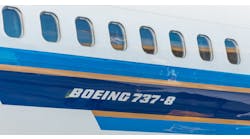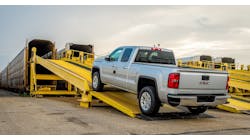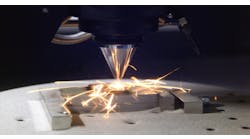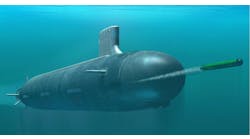U.S. Steel shareholders have approved the sale of the iconic business to Nippon Steel Corp. in a $14.9-billion deal. The vote was a formality that may not speed completion of the transaction endorsed by USS directors last December. As yet, the deal has not been taken up by U.S. regulators, and that process may prolong the completion beyond the 2Q/3Q 2024 range hoped for by the Nippon and USS.
According to U.S. Steel, 98% of the shares involved in the vote, and 71% of all shares, favored the acquisition. USS CEO David Burritt said the vote is “a clear endorsement that they recognize the compelling rationale for our transaction with NSC.”
The United Steelworkers of America union leads the opposition to the acquisition, and that position has verbal support from President Biden and former President Trump. While neither politician has proposed any practical alternative to the acquisition there are likely to be delays due to the evaluation process under the U.S. Dept. of Justice’s anti-trust division and the U.S. Dept. of Treasury’s Committee on Foreign Investment, which reviews foreign acquisitions.
The appearance of a foreign takeover has solidified the deal’s opposition, but the motive for U.S. Steel centers more on near-term stability than on preserving a century-plus legacy. Directors and shareholders are acknowledging their need to modernize USS assets in order to remain competitive in the domestic market, which is led by Nucor Steel and comprised of various producers operating scrap-based, electric-melting processes that are less labor- and less resource-intensive, with lower environmental liability than the blast-furnace/oxygen-furnace model that anchors U.S. Steel.
Nippon Steel is the fourth-largest organization in the global steel industry, and adding the U.S. Steel assets to its total will likely raise it one rank, to roughly 60 million metric tons/year capacity, still behind the China Baowu Group and Luxembourg-based ArcelorMittal.
Steel consumption has been in decline for the past three years and global demand is forecast to grow only slightly in the current outlook. The U.S. domestic market remains steadier than most other regions, giving both USS and Nippon Steel a logical basis for the combination.
Nippon Steel has committed to retaining domestic management of U.S. Steel and to moving its U.S. headquarters to the USS operation in Pittsburgh.
Directors and shareholders accepted the Nippon Steel bid in preference to a takeover by rival Cleveland-Cliffs, another American brand with an industrial legacy, but as a mining and shipping business.
Cleveland-Cliffs has been active as a steelmaker only since 2020. Even so, by accumulating domestic assets it is now the 22nd-largest global producer and second-largest in the U.S market. Its takeover bid for U.S. Steel was somewhat lower than Nippon Steel’s ($35/share versus $55/share) but Cliffs had committed to honoring the existing labor agreement with the USW.
“We are not surprised by stockholders electing to cash in and sell out the iconic American company’s employees and retirees, along with the communities where we live and work,” according to a USW statement. “Wall Street investors and U.S. Steel executives obviously stand to gain the most from Nippon and its $15 billion while leaving union members in the cold.”
In a joint statement, Nippon Steel and U.S. Steel pledged that “the deal will protect jobs, strengthen American supply chains, and enhance the competitiveness of the U.S. economy, all while building resilience against threats from China … We will continue to advocate for this deal, and we are confident that a fair and thoughtful evaluation will result in its approval.”
